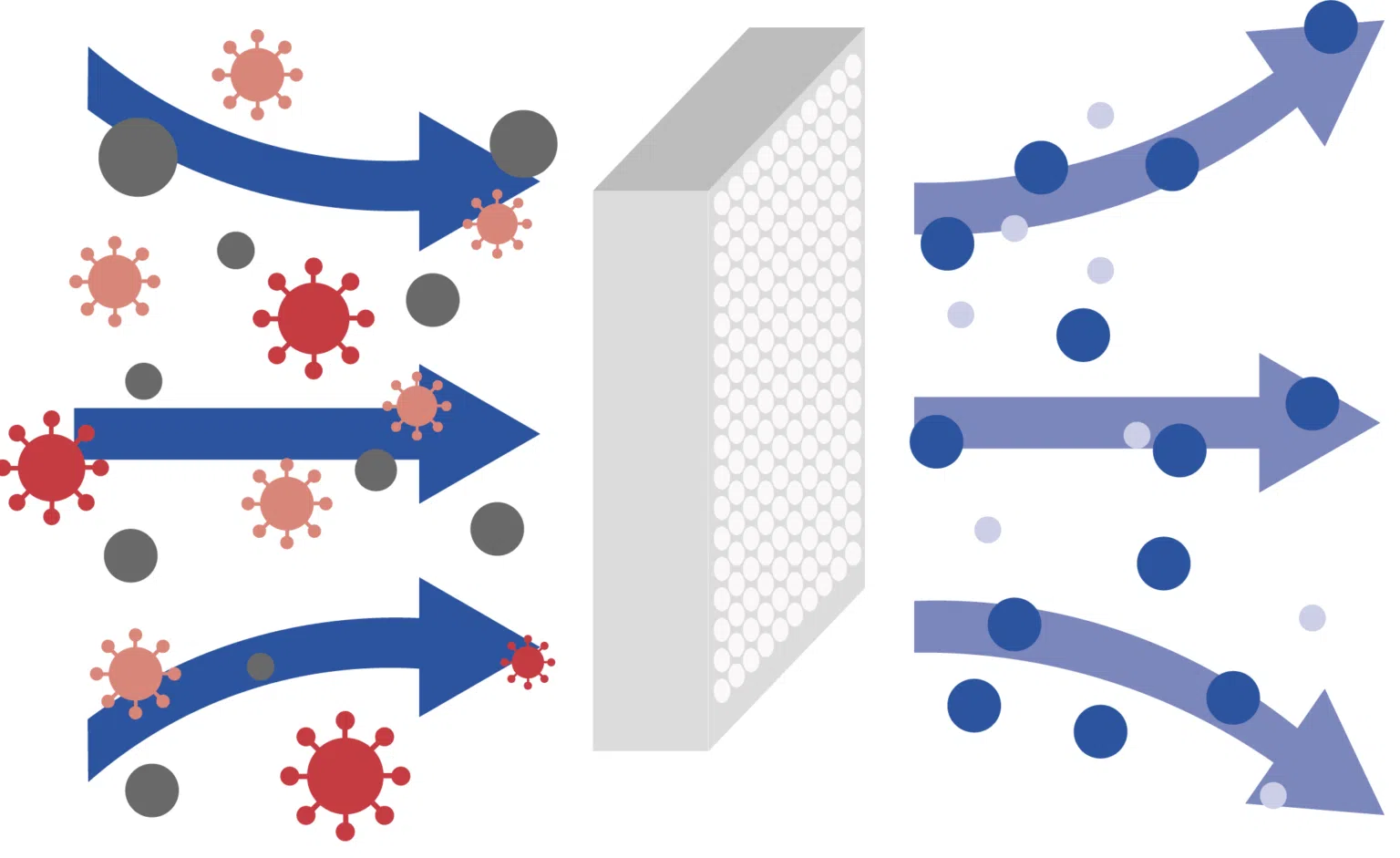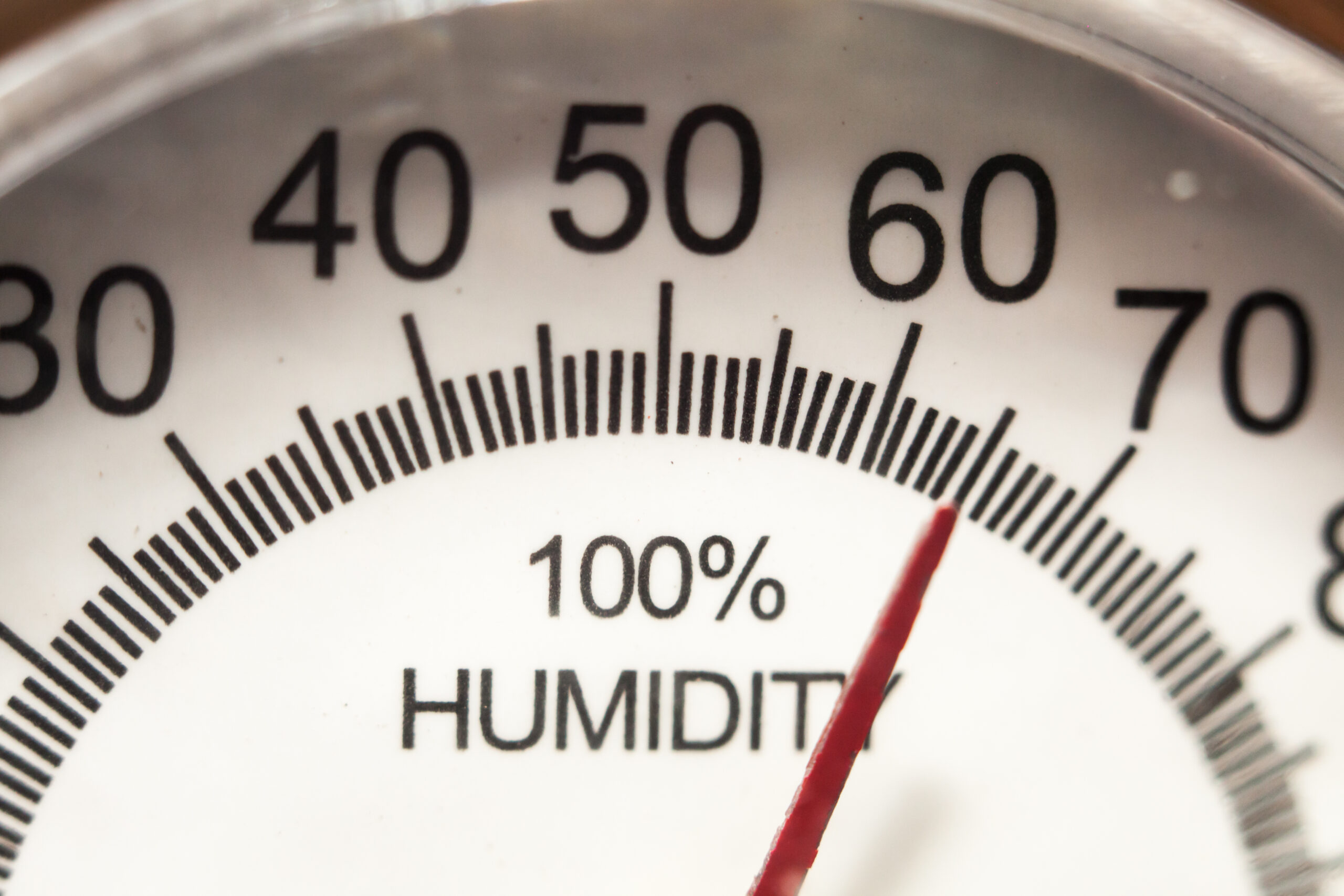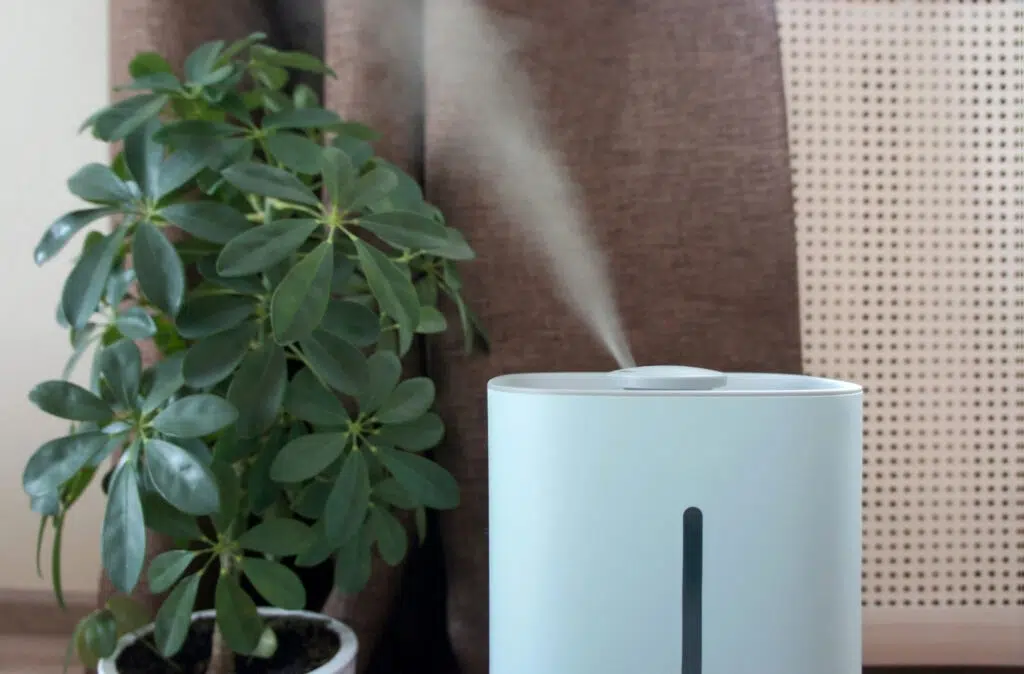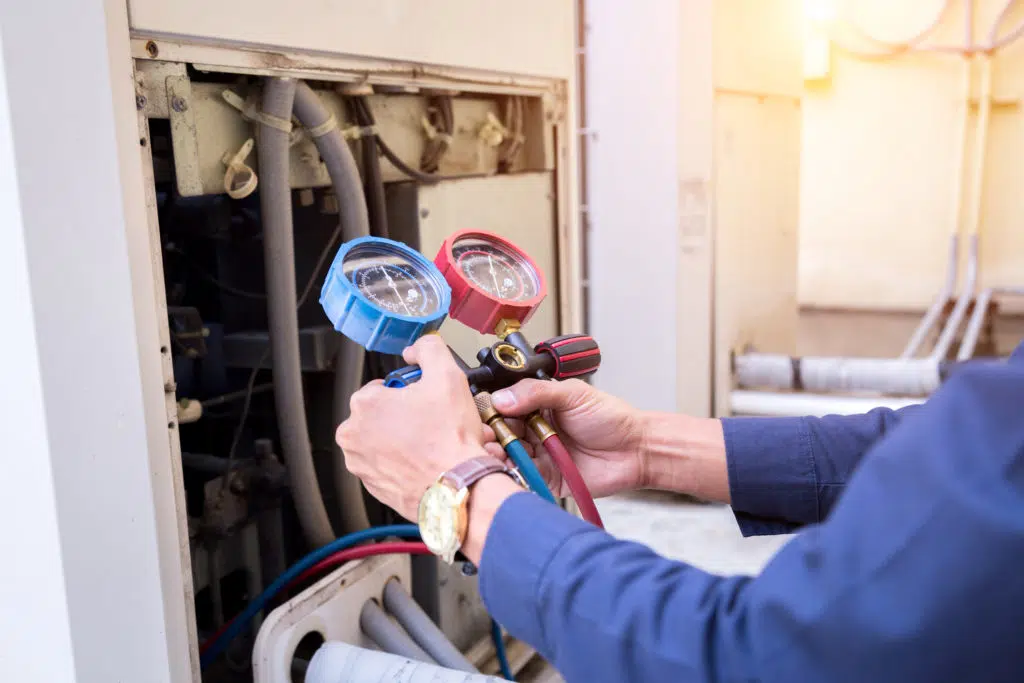Many Dallas-Fort Worth homeowners don’t realize that the air inside their homes can be up to 5 times more polluted than outdoor air. While your indoor air quality might seem just fine, many contaminants can hide in plain sight within your home. Leaving these airborne allergens to their own devices can be detrimental not only to your HVAC system’s performance but also to your family’s health. Respiratory issues, allergy attacks, itchy eyes, and other irritations can all occur due to untreated indoor air quality.
The best way to ensure your Fort Worth-area home remains clear of airborne contaminants is by requesting indoor air quality services from your trusted heating and cooling specialists at AirCo.
5 Surprising Contaminants Affecting Your Indoor Air Quality

In recent decades, the number of indoor pollutants has increased, leaving homeowners to contend with higher levels of airborne contaminants, including:
Combustion Sources
Tobacco smoke, fireplaces, wood heating, and coal heating can all release harmful combustion byproducts into the home. Carbon monoxide gas and other particulate matter can circulate through your indoor living area, posing a serious health risk to you and your family. Smoke inhalation, carbon monoxide poisoning, and other problems can all occur as a result of allowing combustion sources to contaminate your home’s air supply.
Bacterial Growth & Mildew
Bacteria and mildew thrive in dark, moist areas of the home, making your HVAC system the perfect breeding ground for these harmful substances if it’s been poorly maintained. Particles can blow throughout your home, posing a health hazard to you and your family. Depending on the severity of your allergies, mildew inhalation can cause sneezing, runny nose, red eyes, skin rash, and even shortness of breath.
Cleaning Products
In your effort to keep your home sparkling clean, you could inadvertently contribute to poorer indoor air quality. Many cleaning products have strong odors that can linger in the air when ventilation is poor due to clogged air filters or an insufficient indoor air quality system. If not addressed, this can cause headaches, nausea, itchy eyes, respiratory irritation, and other side effects for family members.
Pet Dander
HVAC technicians recommend replacing the air filters in your heating and cooling equipment at least once every three months. However, if you’re a pet owner, you may need to replace your filters as often as once a month, depending on how much pet dander your furry friends release into your home’s air supply. Especially if you’re an allergy sufferer, having an increased amount of pet dander in the air can cause a wide array of symptoms ranging from itchy eyes and sneezing to asthma attacks and wheezing.
Building Materials
Certain building materials — such as asbestos or pressed wood products — can release fibers or chemical off-gassing into your home’s air supply. At best, building materials will only produce an unpleasant odor. However, asbestos, lead paint, and other dangerous building materials can cause more serious side effects, including respiratory disease, nausea, chest pain, and difficulty swallowing.
Improve Your Indoor Air Quality With AirCo!
Allowing airborne contaminants to take up residence in your Dallas-Fort Worth home can cause serious problems for you and your family members. The best way to improve the indoor air quality in your home is to trust the HVAC experts at AirCo with your air quality needs.
Our team offers a broad range of indoor air quality solutions, including:
- Duct cleaning that removes the accumulation of dust, pollen, and other small particles in your ducts
- UV air purifiers that emit ultraviolet light to kill bacteria and viruses
- Whole-home air filtration systems, including air cleaners and purifiers, that remove pollutants while minimizing energy loss
Improve your home’s indoor air quality by contacting AirCo at (817) 591-1225 to schedule indoor air quality services with our team today!





